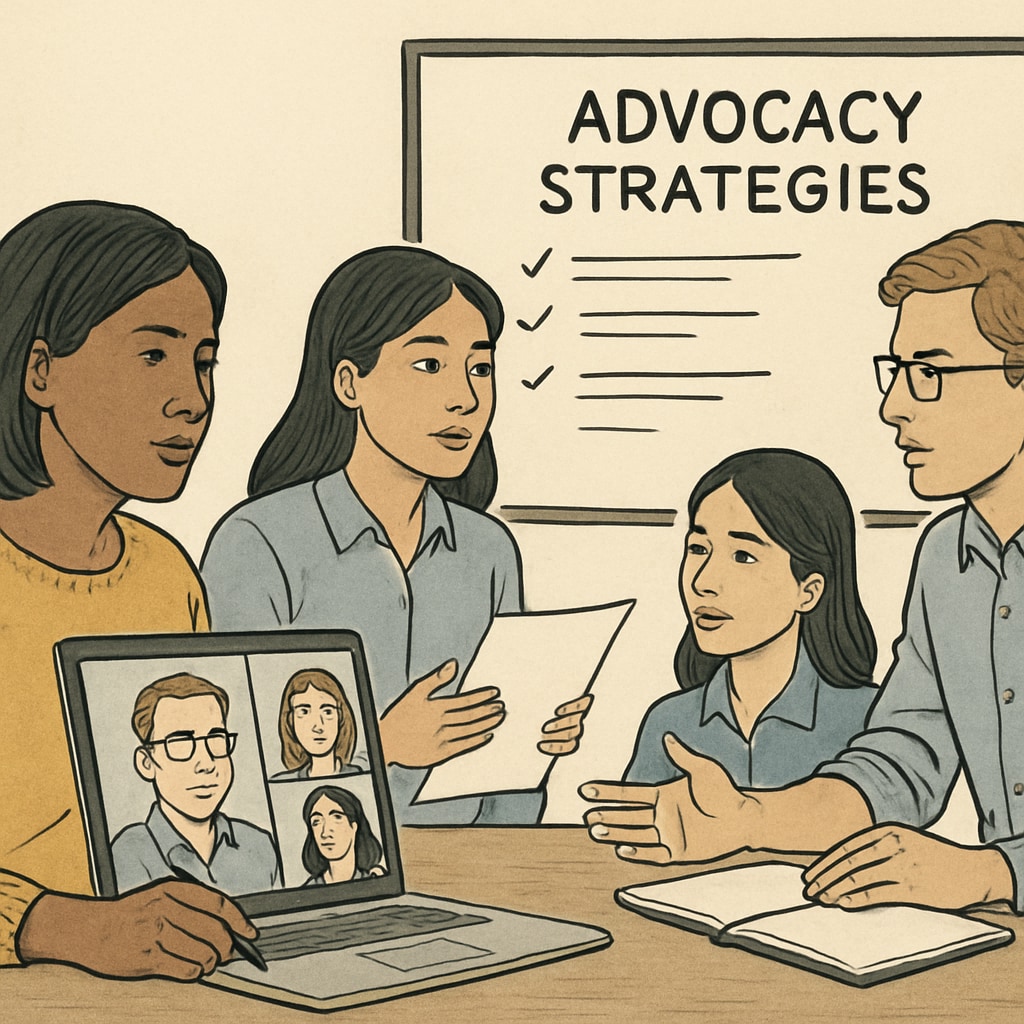The innovative protest strategy known as “No Teacher Tuesday” is gaining traction in K12 educational systems. This approach, involving coordinated leave rather than traditional strikes, empowers educators to advocate for their rights and education reforms without violating legal boundaries. By collectively taking a day off, teachers create a powerful yet silent impact that draws attention to their cause while maintaining professionalism and integrity.
What Is “No Teacher Tuesday”?
“No Teacher Tuesday” is a coordinated leave strategy wherein educators across schools or districts agree to take personal leave on the same day. Unlike strikes, which may face legal restrictions or public backlash, this approach is entirely within the scope of individual leave policies. As a result, it avoids direct legal or contractual violations while still achieving the intended effect: a noticeable absence of teachers and disruption in operations.

Educators often face challenges in voicing their concerns about inadequate funding, unfair policies, or excessive workloads. “No Teacher Tuesday” addresses these issues creatively, providing a platform to protest collectively while minimizing professional and legal risks.
Why Coordinated Leave Is Effective
Coordinated leave offers several advantages over traditional protests:
- Legality: Taking leave is a right granted to employees, making it a safe and lawful way to protest.
- Visibility: A sudden absence of teachers on a given day highlights systemic issues without requiring explicit demonstrations.
- Unity: It fosters solidarity among educators, showing collective strength and shared concerns.
- Public Awareness: Parents, administrators, and policymakers are compelled to address the underlying causes of the action.
For example, coordinated leave has been successfully used in other industries, demonstrating its potential to bring attention to labor concerns without direct confrontation. The education sector, however, uniquely benefits due to its central role in society and its direct impact on families.
Challenges and Ethical Considerations
While “No Teacher Tuesday” is an innovative strategy, it is not without challenges:
- Impact on Students: A teacher absence disrupts learning, which may lead to criticism from parents and community members.
- Consistency: Successful execution requires high levels of organization and cooperation among educators.
- Perception: Critics may view the strategy as unprofessional or dismissive of students’ needs.
Nevertheless, proponents argue that the temporary inconvenience is outweighed by the long-term benefits of addressing systemic problems. Teachers often emphasize that their advocacy efforts ultimately aim to improve educational quality for students.

Real-World Applications and Success Stories
“No Teacher Tuesday” has been implemented in various forms, demonstrating its versatility:
- Localized Protests: In districts where teachers face chronic underfunding, coordinated leave has brought attention to budgeting priorities.
- Policy Advocacy: Teachers have used this method to demand fair wages and better working conditions.
- Union Support: Some educators collaborate with unions to amplify their message, adding credibility and organizational support to their efforts.
For example, in one Midwest school district, teachers organized a “No Teacher Tuesday” to protest cuts to arts and music programs. The action led to increased media coverage and a community petition, ultimately reversing the proposed budget changes.
The Future of Coordinated Leave in Education
As education systems worldwide face growing challenges, strategies like “No Teacher Tuesday” provide an adaptable and effective tool for advocacy. They reflect the creativity and resilience of educators who seek to protect their profession and uphold the quality of education.
Moving forward, educators can refine this strategy by involving parents and students, creating awareness campaigns, and leveraging social media to maximize impact. With careful planning and collaboration, “No Teacher Tuesday” has the potential to become a cornerstone of modern educational activism.
Conclusion: “No Teacher Tuesday” represents a shift in how educators advocate for change. By combining collective action with professional integrity, this strategy underscores the importance of innovative approaches in addressing systemic issues. Teachers are not just classroom leaders—they are advocates for the future of education.


